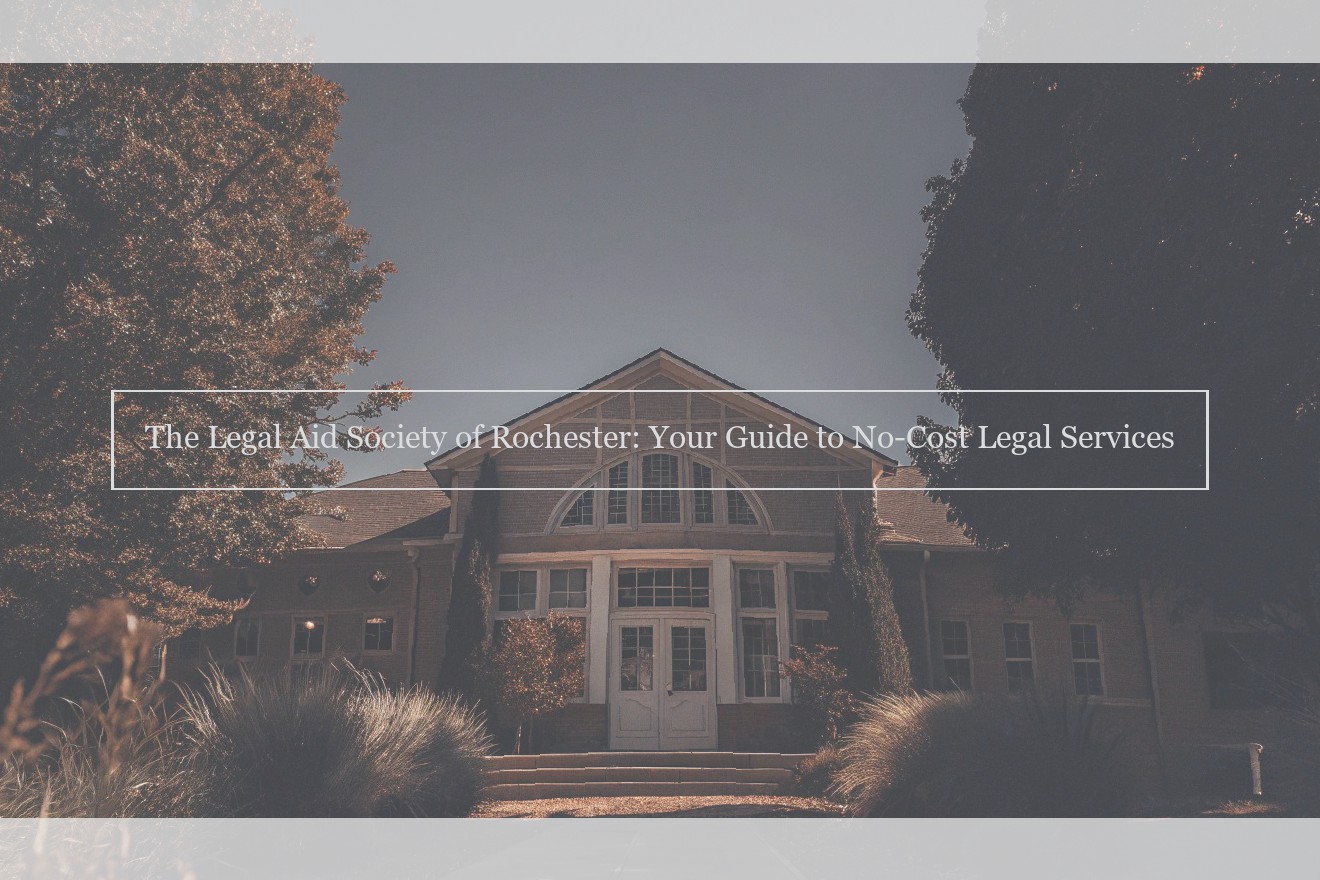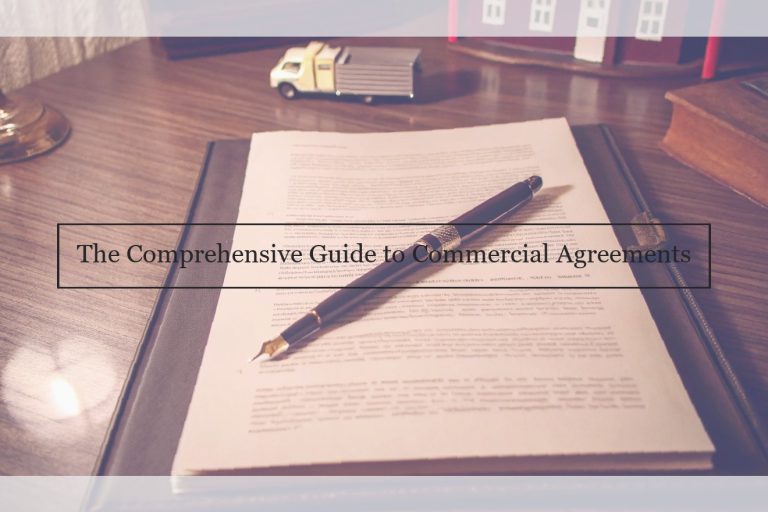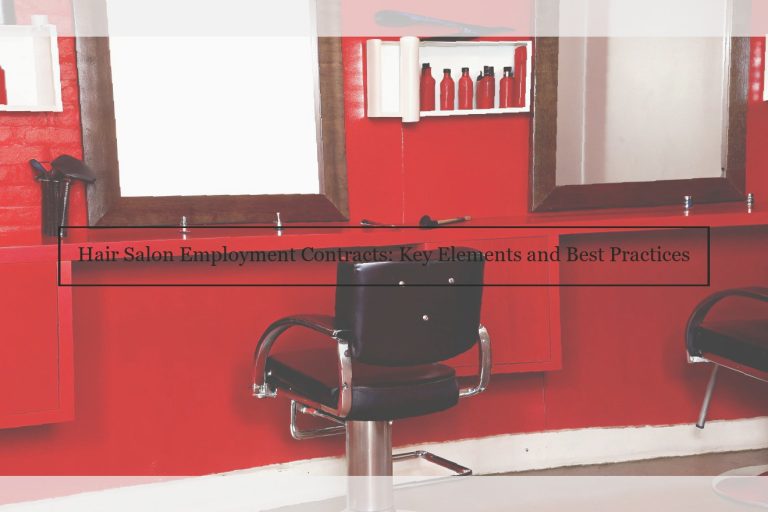Introduction to the Legal Aid Society of Rochester
The Legal Aid Society of Rochester is a private, non-profit organization that currently serves twenty counties in New York state. They are based in Rochester and over the past 130 years have been a tremendous force for equal access to the court system, and advocate for the needy in civil cases. They handle areas such as divorce, custody, child support, domestic violence, and bankruptcy and foreclosure-law.
In 1964, Legal Aid Society of Rochester was awarded an Economic Opportunity Act (OAA) grant and opened a new office in Monroe County , which was responsible for anti-poverty programs. After a series of mergers over the next few years, alongside an organizational revitalization, the Private Attorneys of the Legal Aid Society of Rochester began to be funded by The Legal Services Corporation in 1974.
As of 1967, Legal Aid took on public defender and adult offender defense functions from Monroe County Public Defender’s office, a role they continue to play today. Legal Aid Society of Rochester is one of 300 centers for Legal Services. They currently have a staff of 34 attorneys and 39 support staff in the local area.
Services Provided by the Legal Aid Society
The Legal Aid Society of Rochester, a non-profit model of the nationwide federally funded program for low-income individuals, provides civil legal services in some of the most critical areas. Family law (which includes divorce, paternity, adoption and custody), housing, immigration, consumer law, and income maintenance assistance are all covered by this organization. Some groups (age, veteran status, disability) are a priority. Of all the cases seen, those in family court are often in the greatest need. Turnover is high and there are usually a number of people desperate for an attorney. Uncontested cases are expedited but there are always many others just waiting for legal assistance. Because attorneys are often busy with other work, this means that clients frequently have to wait for a legal advocate to be available. Housing – of all types – is under increasing pressure as the population continues to grow. However, all forms are covered, from simple landlord/tenant situations to complex subsidized housing issues to foreclosure. Over the past decade the number of residential eviction cases filed throughout Monroe County has increased (in 2010 – 3,578; 2011 – 4,065; 2017 – 6,276). This "tsunami" of cases makes it difficult for even committed attorneys to keep up with the demands of the caseload. Immigration and consumer law are somewhat less time-pressing but equally important. Visa applications and ongoing immigration proceedings are often heart-wrenching while consumer law includes debt, credit, bankruptcy and other related issues. College grads and new law school graduates are typically recruited to assist with a portion of the case workload through volunteer programs, often managing through civil mediation weekend workshops. Other volunteers, retired attorneys, law students, and community service participants round out the roster of legal helpers.
Eligibility for the Legal Aid Society
Eligibility for legal aid services from the Legal Aid Society of Rochester, NY is not always dependent on financial need. Generally, legal aid programs have a financial eligibility guideline based on a percentage of the federal poverty rate. Without going into specifics, the more money your household makes, the less likely you’ll be determined eligible for free legal advice or representation by the Legal Aid Society of Rochester. However, legal aid programs can also consider the type of case you are seeking help with. Certain areas of law are prioritized and most legal aid society programs will quickly determine if they have the legislative authority to represent you. For example, a person who needs foreclosure defense assistance would be eligible for legal aid services under the housing assistance division, whereas an individual seeking counsel for an elder law issue might be turned down.
Requests for legal aid service can be made over the phone, online, or in person. Generally speaking, your case is triaged by a paralegal or student law clerk, who will determine whether you meet the legal society’s eligibility requirements. If you are eligible for legal aid services, they will direct your matter to the appropriate volunteer, paralegal, or attorney. Keep in mind that with some legal aid societies, work is carried out exclusively by volunteer legal professionals.
As a practical matter, when you request legal aid services you will be asked to supply some basic information, including your income level, marital status, employment situation, assets and debts, household certain costs (like rent/mortgage and utility payments), etc. This is so the legal aid society can prepare a qualifying legal eligibility form to send with your pro bono matter.
To conserve resources, some legal aid societies require that incoming legal aid requests and telephone calls be precise and specific. For example, calls or messages left on a legal aid society’s general reception nurse may not be returned or addressed if there is no information available to understand the request. In practice, most legal aid societies have an electronic database of cases and client matters that they use to document call information and other outreach.
How to Access the Legal Aid Society’s Services
Applying for legal aid has never been easier. In fact, The Legal Aid Society of Rochester provides clients with two convenient ways to apply for legal aid. 787 E. Main St., in Rochester, New York, is where the legal aid offices are located, but you can also submit an application through their website. You need to bring or submit a completed application form along with any income verification documentation to your appointment or when submitting online.
The application must be completed in its entirety and must include the following documentation: When meeting in person or submitting online, the form must be signed and dated. If you intend on having another agency or attorney represent you at your court date, you will have to bring a consent form . It’s recommended that you provide as many documents as possible to verify your income, anticipated expenses, and income from the previous month. After filling out the application form, the legal aid office will set a court date for you. If you are unable to attend or have to change the court date, be sure to bring a new form in person or submit one online prior to the date you’ve been given.
In most instances, the legal aid office will conduct a financial screening on the same day. However, in some questionable circumstances, they may ask you for additional information before determining your eligibility for assistance. For the fastest processing time, it is recommended that applicants submit their applications for legal aid in person.
Life-Altering Impacts of Their Services
Consider the case of a single mother with two children, who was let go from her job as a financial assistant when the bank where she worked closed. As a result, she quickly fell behind on rent. She was served with an eviction notice and called us in desperation. She met with our civil staff attorney, Julie Nelson. At the time of the meeting, the client was in a domestic violence shelter with only the clothing she wore when leaving her home. One of her children was in a diaper with a broken zipper, and the other was wrapped in Plastic grocery bags as diapers. The attorney assisted the client with completing an application for emergency monetary assistance through the New York State Office of Temporary and Disability Assistance. The application is a requirement for continuing the housing case. Within 24 hours, this single mom was able to obtain new clothing for her children and obtained diapers for them from a local food cupboard. Soon after being presented with a monetary grant from the Monroe County relief program, the client was able to pay her back rent and avoid eviction. At the conclusion of the case, she remarked to the attorney, "Without this great organization I do not know where I might be now."
How to Contribute to the Legal Aid Society of Rochester
The Legal Aid Society of Rochester serves the residents of southern Monroe County in New York, a low-income community with a majority-minority population. The organization provides free civil legal aid for children and families, helping them access benefits and protections of the law. Many of its clients are domestic violence survivors, single parents and impoverished children who need an education to build brighter futures.
Through the collaboration of private and public partnerships, the Legal Aid Society of Rochester brings lawyers, law students, social workers, paralegals, administrative staff and community volunteers together to ensure its clients have the quality and competent representation needed to navigate their legal cases.
The Legal Aid Society of Rochester welcomes the support of like-minded individuals and organizations. Members of the legal community can lend their knowledge and know-how through pro bono services, while the public can offer financial assistance, in-kind support and advocacy.
The Legal Aid Society of Rochester offers numerous volunteer opportunities in pro bono legal services for both individuals and organizations, as outlined by the organization’s pro bono guide.
Community members looking to give back can apply for pro bono attorney opportunities such as:
Those representing organizations have the option to become a pro bono partner for volunteer projects through a practice group. These projects are organized through Legal Aid Society’s Pro Bono Partnership Program, which connects legal and law-related nonprofits and public interest providers with corporate legal teams.
One of The Legal Aid Society’s pro bono partners, Nixon Peabody LLP, holds annual "Pro Bono Nights," where 24 lawyers in three offices work on 20 and 30 cases while meeting the agency’s annual goal of 500 cases per year . Each lawyer at Nixon Peabody is required to donate a minimum of 10 hours per year to pro bono work.
Additionally, Legal Aid Society partners with local businesses to ensure their employees can impact the community through pro bono law services. Upstate firms like Hiscock & Barclay LLP and Bond Schoeneck & King, along with the Monroe County public defender office, set aside dedicated time to meet with clients in clinics, work on pro bono projects and fulfill client needs.
The Legal Aid Society of Rochester offers volunteer opportunities on-site and remotely for those who would like to donate their time and expertise, including:
– Remote opportunities that can be completed on your schedule. – Free and specific training prior to assignments. – Supervision and support from a Legal Aid staff member.
It’s also possible to donate money, items or personalized services to the Legal Aid Society of Rochester. The organization relies on charitable donations to continue its work supporting fair and equal justice for all. Current donation needs include expanded legal advocacy, technology upgrades, professional support (such as accounting help), office equipment and supplies, housing support and health care.
An important part of the mission of the Legal Aid Society of Rochester is advocating for systemic changes that will increase access to justice. The organization keeps informed of current and upcoming issues that may affect their clients and other low-income individuals in Rochester, Monroe County and New York State at large.
The advocacy efforts of Legal Aid Society staff include attending meetings, signing on to position papers, implementing direct advocacy and providing strategic leadership with other multiple stakeholder organizations. Its advocacy priorities are targeted to align with the systemic goals and community efforts of their justice partners.




+ There are no comments
Add yours